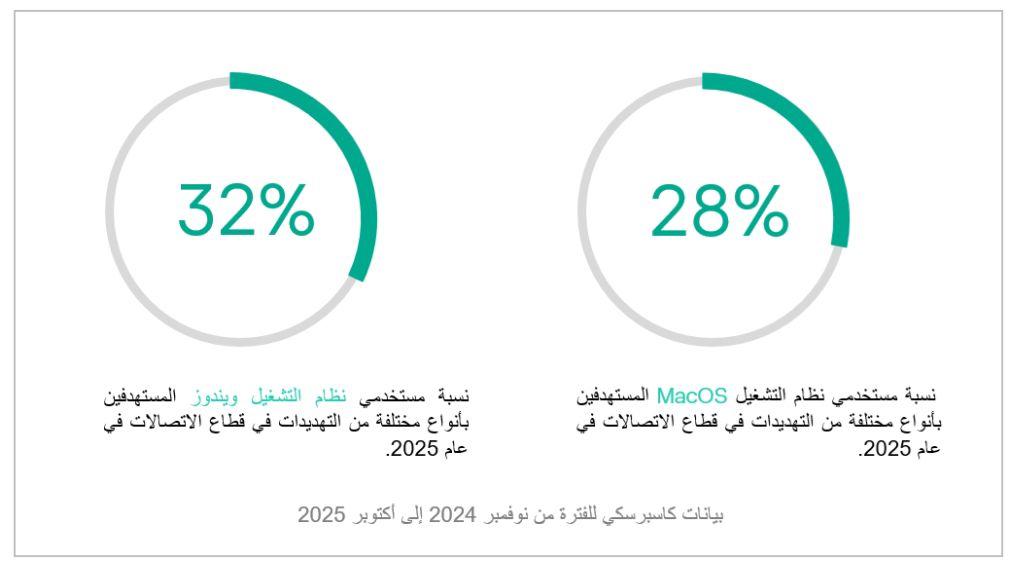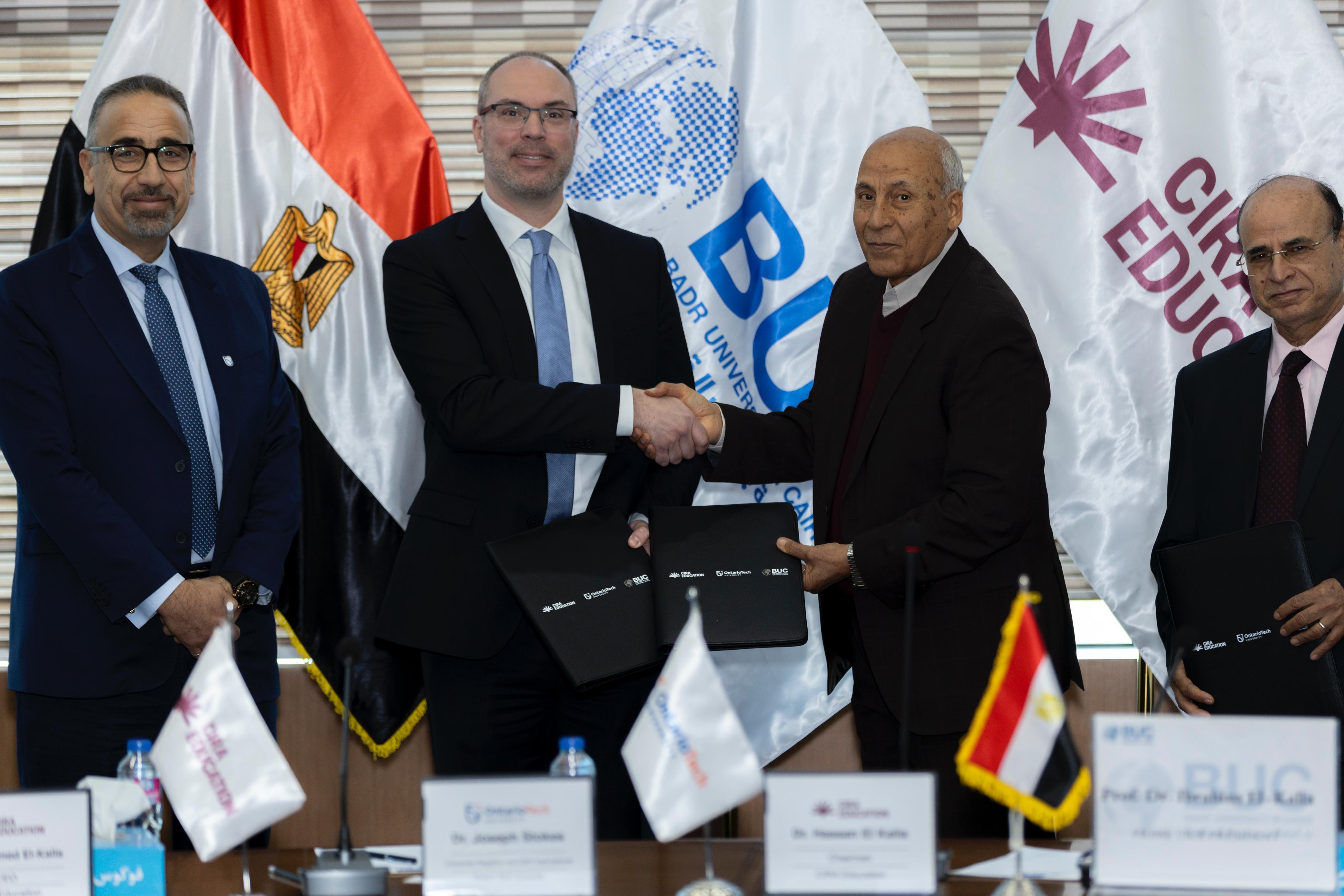As investments in the international real estate grows across various countries, Egypt has been constantly making numerous reformation efforts, signifying its commitment to economic development. The country has implemented a wide range of initiatives to attract foreign investments, which can further boost a wide range of economic activities as well as enhance export capabilities. These efforts, combined with recent developments in various projects, have significantly elevated Egypt’s standing as one of the preferred destinations for investors, both regionally and globally.
With a strategic focus on its economic infrastructure development and creating a conducive business environment, Egypt is now positioned to capitalise on the opportunities available in the global market and drive its economy towards prosperity. In line with this, the country has been establishing independent urban centres, and industrial and economic zones, beyond its existing cities and hubs. The strategic move has proven to be a game changer for the country, as it not only attracted more investments but also helped flourish the tourism sector.
Considering the fact that tourism is a key source of revenue for Egypt and an exceptional source of pride for the country’s culture, the development of the tourism industry beyond the traditional destinations is an extremely effective way to attract diverse investments. Egypt has long relied on tourism as a vital source of revenue and it is an integral part of the country’s rich cultural heritage. By venturing beyond the traditional tourist spots, Egypt has successfully tapped into a wide range of preferences, making it an incredibly effective way to attract tourists from across the world.
Infrastructure Development led by Tourist Influx
The growth in Egypt’s tourism sector has positively impacted the country’s infrastructural development, which is significant for sustaining and promoting growth. The tourism sector demands an extensive network of hotels, resorts and accommodations. The influx of tourists has pushed the country to accelerate construction of advanced hospitality facilities, ranging from luxury resorts along the Red Sea to boutique hotels in historic cities such as Luxor and Aswan, among others.
Efficient transportation
Similarly, efficient transportation has been a key pillar in ensuring sustained growth of tourism. Construction and development of airports, roads and ports has been prioritised to accommodate the increasing number of tourists. Projects like the Cairo International Airport expansion and the development of a high-speed rail network demonstrate the emphasis on improving accessibility. Currently, Egypt’s Ministry of Transportation is currently working on about 25 projects related to the railroad industry, in line with the government’s goals to develop roads and offer adequate transit between the cities.
Preservation of history and archaeology
Egypt’s approach to infrastructure development goes beyond just expanding transportation networks and building new hotels. It places a strong emphasis on preservation and enhancement of its wealth of historical and archaeological treasures. Infrastructure projects in the nation also include restoration and ongoing maintenance of ancient sites. Additionally, the country has been dedicated to creating visitor centres that offer sustainable, educational and enjoyable experiences for tourists. The unique approach opens up significant opportunities for real estate developers and construction planners to engage in long-term projects that contribute to Egypt’s cultural heritage and sustainable tourism industry.
Investments in Egypt
Apart from the government’s dedication to develop the country’s infrastructure, Egypt has secured a position as an attractive investment destination in the MENA region. The country received over USD 9.2 billion in financial support for 144 projects from the European Bank for Reconstruction and Development. This reflects the investors’ confidence in the construction sector of the country, which has grown considerably in the past decade. According to reports, Egypt’s construction market size is projected to grow from USD 46.85 billion in 2023 to USD 70.09 billion by 2028, at a CAGR of 8.9 per cent during the forecast period.
In light of the high population and low rate of urban infrastructure, Egypt has constructed 24 cities in the past 35 years, housing 32 million people and is planning to build 14 new towns to address the prevalent housing supply shortage. Currently, real estate projects under construction in Egypt reached a value of USD 500 billion by the end of the first half of 2023, as per industry reports. These figures reflect that the country’s real estate landscape has been growing at an accelerated pace, which will further offer greater prospects.
Embracing Sustainability
Following the global trend, Egypt’s construction sector is focusing on eco-lodges, nature reserves and other sustainable infrastructures. By promoting such projects, the country seeks to create a balance between its tourism activities and environmental conservation efforts, while highlighting its natural wealth. For instance, initiatives such as green building designs and renewable energy installations are gaining momentum in the industry, as the Egyptian government aims to secure the country’s position as a preferred global tourist destination while addressing pressing environmental concerns.
Similarly, the country is facing a necessity to improve its water supply and sanitation systems in popular destinations as the influx of tourist increases. Construction planners have to efficiently design systems that are environmentally friendly as well as meet global standards to ensure a comfortable experience for visitors. The tourism sector’s growth includes infrastructure development that benefits local communities and visitors, as well as attracts foreign investors. This can include housing, educational institutions, healthcare facilities, tourism facilities, transportation systems, communication networks and it also increases employment prospects, all of which are vital in raising the standard of living in areas that are heavily dependent on tourism. These improvements will benefit the economy significantly by creating jobs, boosting property values and generating cash from tourism-related activities.
Role of Trimble Solutions in Egypt Construction Sector
Trimble is a leader in construction technology. The company’s innovative solutions offer valuable support for Egypt’s ambitious efforts to develop new cities and urban centres. A noteworthy example of this is PGESCO, a leading player in the construction and engineering sector of Egypt, which received ‘Company of the Month’ recognition from Trimble Solutions. This recognition is a testament to PGESCO’s exceptional integration of Trimble’s Tekla Structures 3D BIM Solutions, which reflects its dedication leveraging the latest technological innovations across every phase of its projects.
Trimble’s Tekla Structures played a pivotal role in the success of PGESCO’s projects. It was instrumental in ensuring seamless collaborations, optimising efficiency and streamlining project workflows. The software also enhanced communication among stakeholders, promoted cross-disciplinary collaborations, facilitated efficient coordination and ensured smooth flow of information. This, in turn, enabled informed decision-making, dynamic clash detection, expedited fabrication and facilitated effective installation processes.
The tourism industry has been a key driver in shaping Egypt’s construction landscape. The surging demand to accommodate and engage tourists from across the globe has pushed the country to initiate construction projects that encompass historical site restoration, visitor centres, accommodations, transportation infrastructure and sustainability. These evolving market requirements have driven construction industry players in the country to explore and leverage the potential of cutting-edge technologies such as Tekla software.













































































